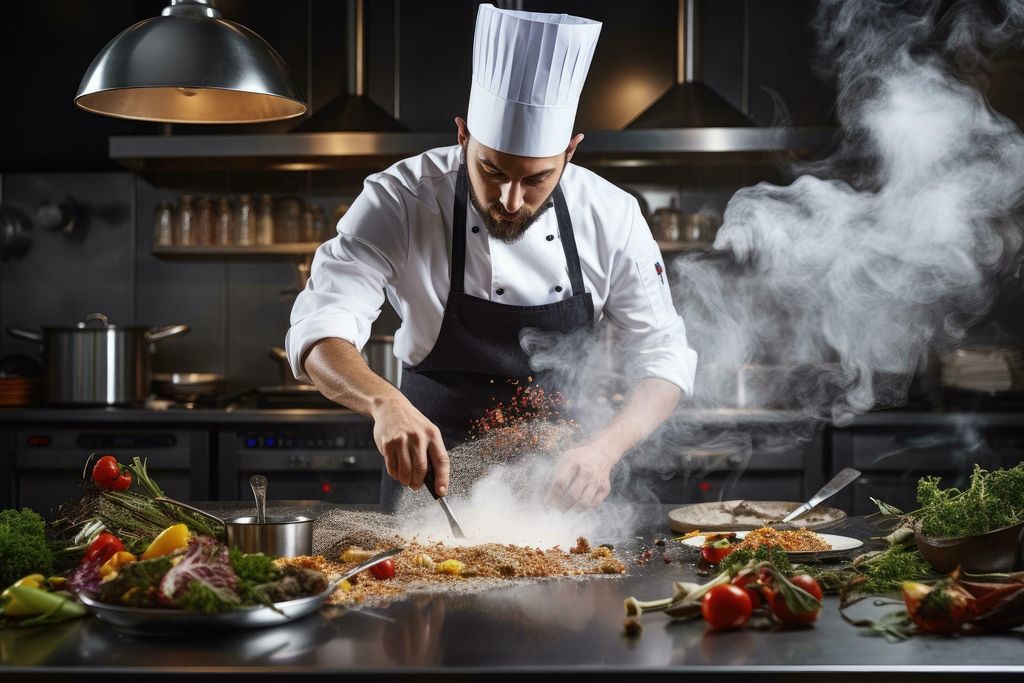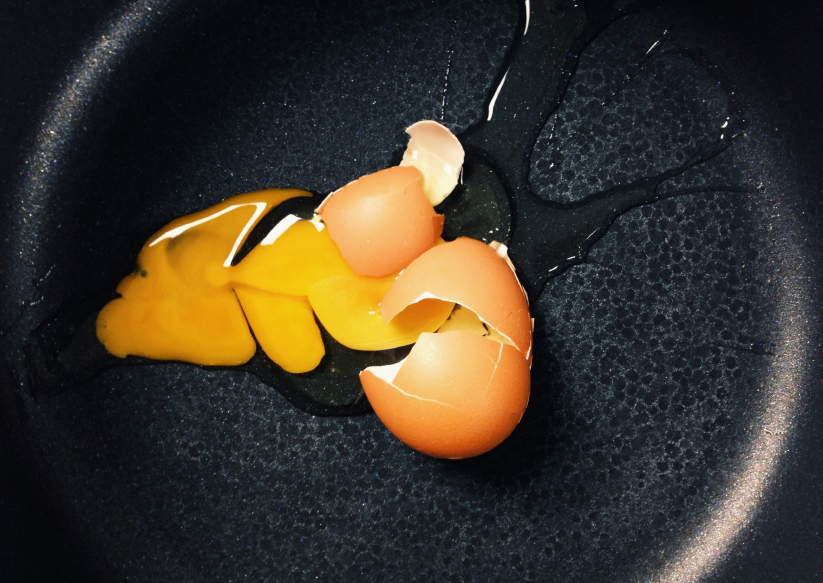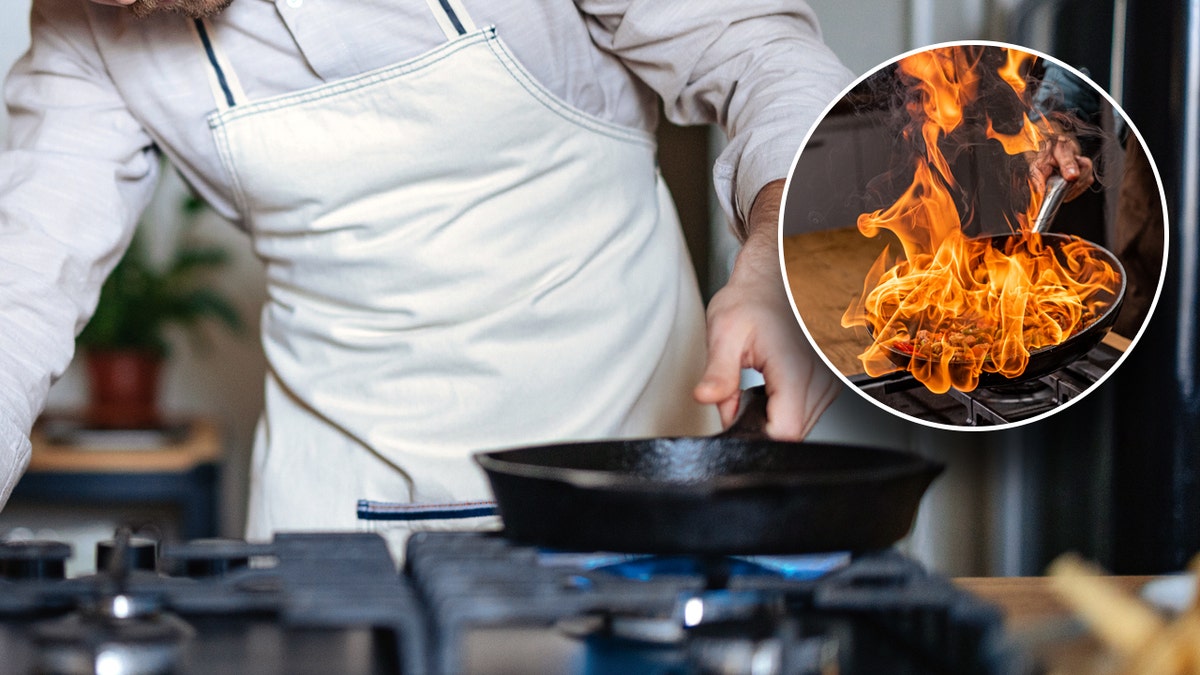
Walk into almost any professional kitchen, and you’ll likely encounter a symphony of sizzling pans, clanking pots, and, yes, sometimes a fiery outburst from a chef. The stereotype of the intense, yelling culinary master isn’t just for TV; it’s rooted in a complex reality that combines demanding conditions, raw passion, and an endless array of daily challenges. From high-octane service to the relentless pursuit of perfection, the kitchen is truly a pressure cooker where emotions run incredibly high.
Ever wondered why your favorite cooking show, or perhaps a popular drama like Emmy-nominated ‘The Bear,’ makes kitchen drama seem so palpable? It’s because that urgency, chaos, and intensity are incredibly real. Renowned chefs like those depicted on Gordon Ramsay’s ‘Hell’s Kitchen’ aren’t always acting – their frustrations are genuine, born from an environment that pushes mental and physical limits. It’s a world where a misplaced ingredient or a delayed order can feel like a catastrophic failure.
In this deep dive, we’re peeling back the layers to explore 15 genuine reasons why chefs aren’t just putting on a show when they get angry. We’ll uncover the specific scenarios and systemic issues that make the heat of the kitchen a potent source of frustration, transforming passion into palpable rage. Get ready to understand the true emotional landscape behind the apron, and maybe even find a little empathy for those culinary heroes!

1. **The Relentless Race Against Time**Imagine trying to perfectly orchestrate a complex ballet, but instead of dancers, you have dozens of dishes, each with its own timing, temperature, and plating requirements. Now, add a ticking clock that never stops. In most professional kitchens, time isn’t just money; it’s everything. Whether it’s the dinner rush in a packed restaurant or meeting strict deadlines for a high-stakes catering event, cooks are constantly battling the clock, pushing their limits to deliver perfection at lightning speed.
This unending sprint can lead to a simmering cauldron of anxiety. Even the smallest hiccup—a burner that’s too slow, a forgotten ingredient, a misread ticket—can snowball into a full-blown crisis, threatening to derail an entire service. The pressure to deliver perfect dishes quickly often results in errors, and those errors, in turn, breed more frustration and, yes, genuine anger. It’s not just about getting the food out; it’s about maintaining an impossible pace while upholding impeccable standards.

2. **The Immense Weight of Expectations**Beyond the ticking clock, chefs and cooks operate under a colossal weight of expectations, both from within and without the kitchen walls. Management—be it restaurant owners or head chefs—demands nothing less than timely, high-quality work, every single time. Their vision, reputation, and bottom line hinge on the flawless execution of every dish that leaves the pass. This internal pressure alone is enough to make anyone feel the squeeze.
Then there are the customers. Diners arrive with preconceived notions, their expectations shaped by glowing online reviews, Instagram-worthy photos, and word-of-mouth buzz. They expect an experience, a masterpiece, a meal that lives up to every bit of hype. When these towering expectations aren’t met, the disappointment isn’t just a quiet sigh; it can manifest in vocal complaints, negative feedback, and a profound sense of failure that echoes through the kitchen. This external pressure can feel incredibly personal, directly impacting a chef’s pride and the restaurant’s success.

3. **Passion’s Double-Edged Sword**For many, cooking isn’t merely a job; it’s a fervent calling, a creative outlet that borders on obsession. Chefs pour their entire being—their creativity, their skill, their very soul—into their craft. This deep emotional investment is what drives them to strive for culinary perfection, but it also makes them incredibly vulnerable when things inevitably go wrong. That same passion, so vital for creating gastronomic wonders, can swiftly morph into intense anger when a dish fails to meet expectations or when external factors interfere.
When a chef has painstakingly developed a recipe, sourced the finest ingredients, and executed every step with precision, the stakes feel incredibly high. A perfectly seared steak that gets overcooked by a moment’s distraction, a delicate sauce that breaks, or a complex dessert that crumbles—these aren’t just mistakes; they’re personal affronts. This high level of dedication means that constructive criticism, even when delivered gently, can feel like a personal attack, triggering feelings of inadequacy and a frustrating surge of anger, often directed at themselves as much as the situation.

4. **The Emotional Rollercoaster of the Shift**Forget your average nine-to-five; a cook’s shift is a marathon of emotional extremes. One moment, there’s the sheer joy and immense satisfaction of seeing a perfectly executed dish leave the kitchen, knowing you’ve created something beautiful and delicious. It’s a rush, a moment of triumph amidst the chaos. But just as quickly, that high can plummet into deep frustration and anger when faced with unforeseen setbacks.
Picture this: the oven inexplicably malfunctions in the middle of a busy service, a crucial piece of equipment fails, or a team member isn’t pulling their weight, leaving others to shoulder the burden. These aren’t minor annoyances; they’re genuine threats to the entire operation, sending stress levels soaring. Coupled with the relentless long hours and demanding environments, the constant emotional highs and lows often lead to severe burnout, making it difficult for cooks to regulate their emotions. So, what onlookers perceive as ‘anger’ is often just a cook navigating the intense, complex, and draining emotional landscape of their demanding profession.

5. **Chaotic & Cramped Workspaces**The physical environment of a professional kitchen is a character unto itself – and it’s notoriously intense. Forget spacious, airy prep areas; kitchens are often a maelstrom of activity, tightly packed with sizzling stations, towering shelves, and bustling bodies. The constant sounds of pots clanging, knives chopping, and orders being shouted out in rapid succession create a relentless symphony of noise that can make clear communication a Herculean task. These loud noises frequently lead to miscommunications, escalating tensions and increasing the likelihood of errors.
Adding to the cacophony are the tight quarters. Working elbow-to-elbow with numerous team members in small, confined spaces isn’t just uncomfortable; it’s a recipe for overcrowding and accidents. A spilled sauce, a bumped elbow, or a blocked pathway can instantly heighten tensions, turning a minor inconvenience into an angry confrontation, especially during peak service times. This physically stressful, chaotic atmosphere directly contributes to the emotional volatility, making it incredibly easy for frustrations to boil over into genuine outbursts.

6. **The Toll of Long Shifts & Fatigue**While the glamour of culinary arts might be celebrated on screen, the reality for many cooks involves incredibly long shifts, often exceeding 12 hours a day, sometimes six or even seven days a week. This grueling schedule takes a profound toll on mental and physical health that simply cannot be underestimated. Imagine being on your feet for half a day, constantly moving, lifting, and focusing in a hot, high-pressure environment – it’s physically exhausting and emotionally draining.
This extreme fatigue significantly diminishes a cook’s natural tolerance for stress, making them irritable and prone to snapping over minor issues that they might otherwise brush off. When worn out, decision-making becomes impaired, and emotional regulation falters, leading to more impulsive reactions. Furthermore, these extended hours often limit social interactions outside of work, contributing to feelings of isolation and loneliness. Faced with such profound exhaustion and social deprivation, it’s hardly a surprise that cooks frequently express their frustration through anger; it becomes an almost inevitable, regrettable response to overwhelming demands.




